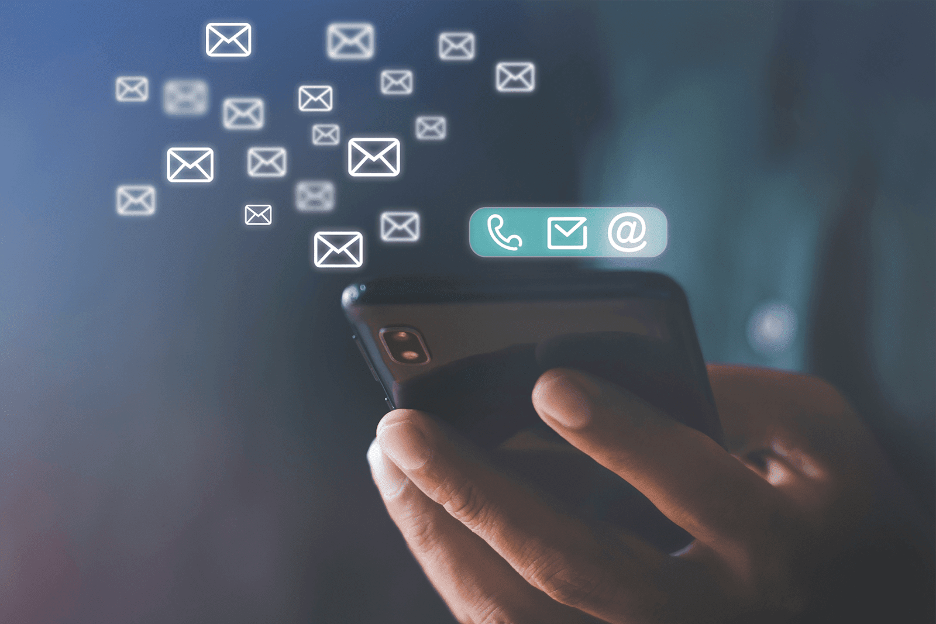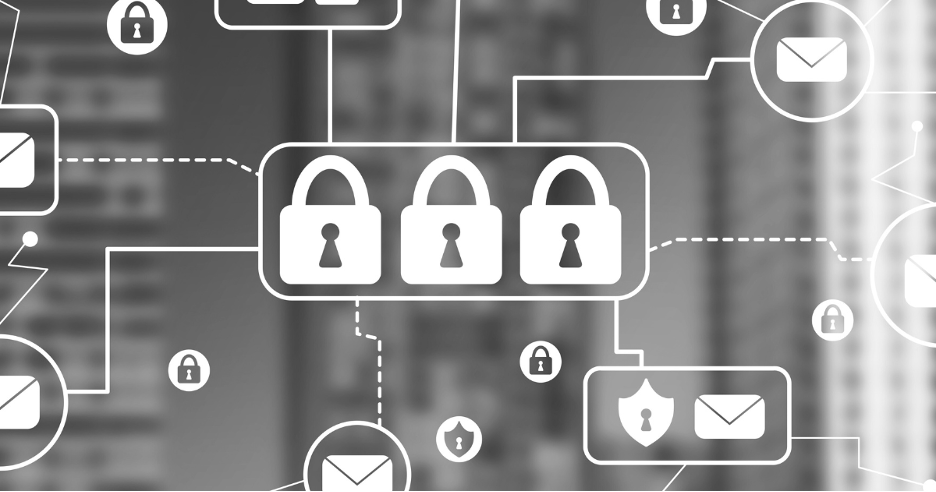Financial Advisor Insights-Defending Against Cybercriminals
Many of us possess an email address, yet not everyone comprehends the importance of shielding it from cyber perils. Envision your email address as the key to a vault brimming with virtual treasures—your private data. Your email, particularly the access it grants to messages, represents a goldmine for cybercriminals.
The allure of sharing your email openly can be enticing, allured by exclusive offers, thrilling newsletters, or alerts. However, just like safeguarding a valuable key, you wouldn't readily relinquish it to just anyone, would you? Unfortunately, not everyone bears honorable intentions.
Disseminating your email liberally or entrusting it to unscrupulous individuals is akin to leaving the gates to your digital realm undefended. Cunning hackers exploit such vulnerabilities, pilfering your email and acquiring access to your confidential information. This breach could lead to identity theft, financial harm, and other grave repercussions.
Why do hackers want your email address?
Hackers target your email. They do this because it gives them access to your personal information, finances, and the ability to take over your accounts. This access empowers them to execute a range of cyber assaults that can yield extensive and lasting repercussions.
How much information can a hacker get off your email address?
Surprisingly, wrongdoers can acquire a substantial portion of your information solely by targeting your email. Remarkably, hackers can seize both personal data and financial insights exclusively by exploiting your email. Yes, you read that correctly! They can employ a range of methods, including phishing schemes, malware infiltration, and password decryption, to infiltrate your email account.
When someone gains access, it's as if they have unlocked your digital home. This gives them complete access to all your personal belongings. They can read your emails, look into your contacts, and even reset passwords for other online accounts linked to your email. Here's a guide to recognizing potential hacking attempts and learning how to uphold the confidentiality of your private information.
Don't be so quick to provide your email address to just anyone.
In today's digital world, it's hard to imagine not sharing your email since so much of our lives happen online. However, it's vital to exercise caution regarding recipients of this information. Sharing your email everywhere online is like leaving a trail for hackers to follow.
If someone hacks into your email, they can perform various hacks on things that are linked to that email. These things include your bank accounts and social media profiles. This is particularly concerning since many of us employ the same email across all our accounts.
Consequences of Compromised Email
Vulnerability Across the Board
Once a hacker breaches your email address, everything within it becomes susceptible. Your personal, financial, and social information, including friends, family, and coworkers, can be misused if hackers gain unauthorized access to it.
Exploitation of Personal Data
Hackers who gain access to your email are akin to pickpockets who've acquired the key to your vault. They might exploit your personal data for financial gain, peddle it on the dark web, or orchestrate targeted attacks against you and your contacts.
Hackers can trick you by using your email address. They can deceive you into giving them money, access to your accounts, or personal information. This can lead to identity theft. They might also masquerade as others or fictitious companies to peddle non-existent products or services.
Dangers of Blackmail, Stalking, Financial Fraud, and Impersonation
Compromised email puts you at risk of blackmail, stalking, financial theft, impersonation, and total identity theft. Criminals can misuse your identity to commit offenses or harm others while operating under your guise.
Watch Out for Email Spoofing: Deceptive Disguises
Scammers may resort to email spoofing, akin to a wolf in sheep's clothing. To avoid spam filters and scam people, they create a fake sender address that looks like yours. They use this fake address to spread harmful malware or trick unsuspecting individuals into giving them money. By pretending to be trustworthy, they trick people into letting their guard down and becoming victims of their dishonest plans.
The Mechanics of Account Takeover
Upon gaining entry to your email, hackers can effortlessly acquire the passwords for all accounts using your email as the username. To reset your password, just click on "forgot password" and follow the instructions in the email sent to you. It's like changing locks to keep others out of your accounts.
A hacked email can cause problems with privacy, reputation, relationships, and finances, affecting you in many ways.
What should you do if you think someone has hacked your email?
If you think someone has hacked your email, act quickly to get your account back and prevent further damage. Here's a series of steps you can implement to fortify your account's security:
Promptly modify your password, ensuring its strength and uniqueness.
Revise passwords for other accounts if you've utilized identical or akin passwords for them.
If you encounter account lockout, reach out to your email service provider and furnish evidence of your identity.
Notify your email service provider of the breach.
Employ antivirus software to scan your personal devices for potential malware.
Reevaluate and alter your security questions.
Steps to take to prevent email from being compromised.
Exercise caution when encountering emails from unfamiliar or questionable senders. Refrain from interacting with links or downloading attachments enclosed in such emails. These could potentially be phishing endeavors intended to pilfer your personal data or introduce malware onto your device.
Maintain the currency of your computer and other devices by routinely verifying and applying operating system updates. Additionally, heed prompts to install updates for your applications.
Whenever feasible, institute two-factor authentication. This extra security step requires a code on your phone if someone tries to access your account without permission.
Ensure robust antivirus software is operational across all your devices. This safety measure stops harmful links that could give hackers access to your personal data by introducing malware.
Adopt a Robust Security Strategy for Passwords. Craft strong, distinct passwords for all your accounts, and contemplate employing a password manager to safeguard and generate intricate passwords. This approach not only facilitates the creation of unique, highly secure passwords that elude hackers, but also streamlines your password management. Fewer passwords to recall reduces the likelihood of reuse across accounts.
Employ alias email addresses, an auxiliary email linked to your primary account. An alias email address functions as an extra email that funnels messages into the same primary mailbox. It operates as a forwarding conduit, channeling emails to the primary email. Besides serving as a disposable option for online registrations, alias email addresses excel at organizing incoming communications.
Bottom Line
Understanding the Perils of Reckless Email Sharing is Paramount. Avenues abound for hackers to employ diverse methods, breaching your email's security, and plunging your personal and financial realms into chaos. Should suspicions arise concerning a breach, swift intervention is vital. Protect your account by changing your password, updating passwords for other accounts, and informing your email provider quickly.
Protect your email to keep your personal information safe and prevent any problems if your account is hacked. Stay watchful and enact these security protocols to uphold the safety and integrity of your information.
Sources:
https://cyberguy.com/security/cybercriminal-access-to-your-email-address/
https://consumer.ftc.gov/articles/how-recover-your-hacked-email-or-social-media-account
Disclosures:
This site may contain links to articles or other information that may be on a third-party website. Advisory Services Network, LLC is not responsible for and does not control, adopt, or endorse any content contained on any third-party website.
This material is provided as a courtesy and for educational purposes only. Please consult your investment professional, legal or tax advisor for specific information pertaining to your situation.
These are the views of the author, not the named Representative or Advisory Services Network, LLC, and should not be construed as investment advice. Neither the named Representative nor Advisory Services Network, LLC gives tax or legal advice. All information is believed to be from reliable sources; however, we make no representation as to its completeness or accuracy. Please consult your Financial Advisor for further information.







